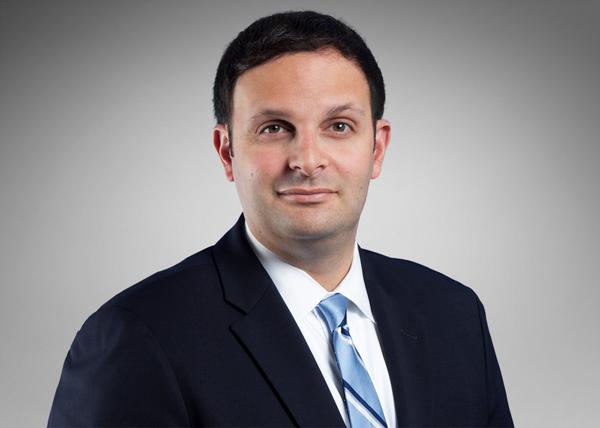On August 3, 2021, during prepared remarks delivered at the Aspen Security Forum, SEC Chair Gary Gensler made clear that gaps remain in the regulatory framework for cryptocurrency and other digital assets. He characterized crypto markets as the “Wild West” and called on Congress to grant the SEC more authority to regulate the crypto market in order to prevent transactions, products and platforms from falling through regulatory cracks. He also noted that the SEC needs more resources to protect investors in the growing and volatile crypto sector.
Gensler noted that cryptocurrencies are not fulfilling the traditional functions of money and that the crypto market is not operating within existing regulatory frameworks that “protect investors and consumers, guard against illicit activity, ensure financial stability and … protect national security.” As a result, he claims crypto is a highly speculative asset class that is “rife with fraud, scams, and abuse in certain applications.” In many cases, he believes crypto investors are unable to obtain adequate information when deciding on potential crypto investments, and thus greater investor protections are needed.
Gensler believes the legislative priority should focus on consumer protections on platforms that offer crypto trading or lending of assets sold as securities and assets sold as commodities and that many platforms currently are “sitting astride” regulation. He noted that regulators could benefit from additional Congressional authority to write rules and attach guardrails to crypto trading and lending.
To better protect investors in the crypto market, Gensler highlighted specific areas and gaps within the current regulatory framework that need to be addressed:
- Unregistered Securities: Gensler emphasized that certain rules related to crypto assets are well-settled and the Howey test to determine whether a crypto asset is a security is clear. He made clear that many crypto products are subject to securities laws and must work within the current securities regime, including under the purview of the SEC. However, Gensler noted that this regime contains gaps and that as a result the crypto market is filled with securities that were issued in unregistered offerings with inadequate disclosure and market oversight and with prices that are open to manipulation. He noted that the SEC has brought dozens of cases in this area, prioritizing those involving fraud or other significant harm to investors, and that the SEC has not yet lost a case in this area.
- Crypto Platforms: Gensler also believes that crypto trading platforms, lending platforms, and “decentralized finance” (DeFi) platforms implicate securities, commodities, and banking laws. He made clear that to the extent securities are trading on any of these platforms, they fall into SEC jurisdiction and under securities laws that would require registration unless they meet an exemption.
- Stablecoins: Stablecoins are crypto tokens pegged or linked to the value of fiat currencies or other physical or digital assets and embedded in crypto trading and lending platforms. Gensler noted that stablecoins potentially may be used to sidestep the anti-money laundering, tax compliance, sanctions, and other public policy goals of the traditional banking and financial system. Gensler further noted that stablecoins may be securities or, to the extent they reflect an investment in underlying securities, investment companies under the Investment Company Act of 1940 (’40 Act). Gensler emphasized that the SEC will apply the full investor protections of the federal securities laws, including, where appropriate, the ’40 Act to stablecoin products.
- Investment Vehicles: For investment vehicles providing exposure to crypto assets, Gensler anticipates that there will be filings under the ’40 Act with regard to exchange-traded funds (ETFs), including mutual funds that invest in Bitcoin futures on the Chicago Mercantile Exchange. He believes that the ’40 Act, together with other federal securities laws, will provide significant investor protections. Although he did not offer comment on the potential for approving a Bitcoin exchange-traded fund – a decision many in the crypto space are anxiously awaiting – his comments did shed new light on how the SEC may respond to the ETF proposals currently up for review by the SEC. It seems that ETFs based in Bitcoin futures may have the highest chance of SEC approval.
- Custody of Crypto Assets: Gensler emphasized that custody protections are key to preventing theft of investor assets. He noted that the SEC will continue to maximize regulatory protections in this area.
Gensler’s comments show that the SEC will continue to take a strong stance on cryptocurrencies and work hard to ensure that crypto products and services comply with securities laws and work within the securities regime. Regardless of whether Congress heeds Gensler’s call for additional Congressional authorities and resources to close some of the regulatory gaps, it is evident that the SEC will be highly focused on using its current authority to regulate the crypto market and provide investors with adequate protections from fraud, scams, and abuse in what the agency sees is a growing and volatile crypto sector.
If you have any questions concerning the material discussed in this client alert, please contact the members of our Securities and Capital Markets practice.
Back
Back








